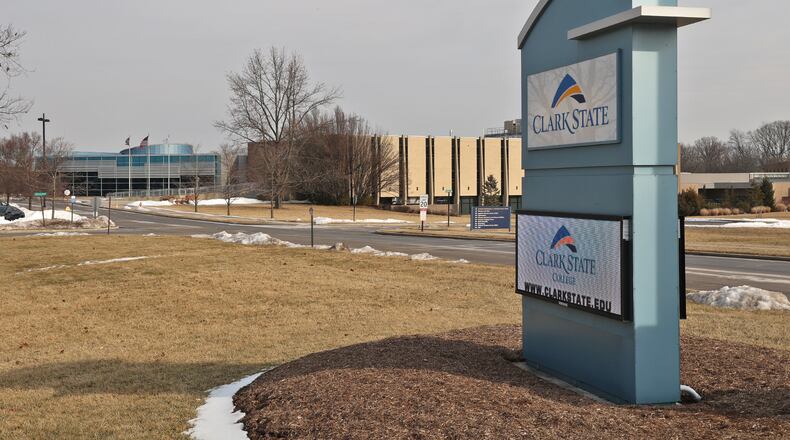Yost is bringing training to the state’s law enforcement officers through OPOTA Close to Home, which is a collaboration between the academy and five regional partners to extend the reach of OPOTA-certified course offerings.
“There is a lot of change happening in law enforcement training right now, and we are working with experts to deliver the highest-quality training available,” said Yost, whose office oversees OPOTA. “Given that it is one of the toughest times to be in law enforcement, we owe it to our officers to provide course access and options that make sense.”
Paul Weber, commander of the Clark State Police Academy, said this is big for the college and the academy.
“We have worked hard to get this academy to where it is now and OPOTA has recognized us as one of the excellent academies in the area,” he said.
The OPOTA Advanced Training Course will be offered by the Regional Training Provider for students to enroll into after successfully completing Basic Training and receiving a certification of completion or if the student is approved to enroll, Clark State said. After successfully completing the advanced course, student will receive an OPOTA certificate, and a record of the training will be on the student’s official OPOTA transcript.
Clark State will add 22 new courses to the curriculum for OPOTA advanced training, which Weber said is separate from the police academy.
“It now means that Clark State will be offering courses that are required by OPOTA and other topics – such as de-escalation – that police officers can benefit from” he said. “De-escalation courses help officers learn how to deescalate situations; these topics are the future for police officers. I foresee that class filling up quickly. It’s an excellent course.”
The five regional partners were chosen from a group of applicants based on their location, space and ability to deliver OPOTA-certified advanced training to the state’s 33,000 peace officers. The main academy in London will continue to provide training, but the other four chosen providers include Great Oaks Career Campuses, Hocking College, Kent State University and Lorain County Community College.
About the Author

